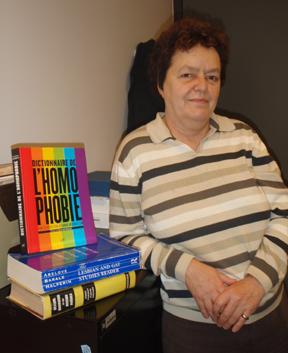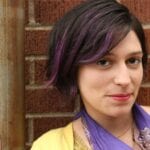The Université du Québec à Montréal (UQAM) will soon be home to North America’s first university-based research chair dedicated to the study of homophobia.
The university’s sexology department will study how homophobia affects queer health in an attempt to help create more effective policy and social justice programs.
The position is part of a partnership with the Quebec Ministry of Justice. The Government of Quebec will give $475,000 to the program.
“The most recent statistics paint an alarming portrait,” Quebec Justice Minister Jean-Marc Fournier told The Canadian Press. “Homosexual people are almost three times as likely to become victims of a violent crime as heterosexuals.”
Ministry support for the position is part of a provincial plan to tackle homophobia, which was put forth in May 2011. Over the next five years, the province plans to invest $7.1 million for social programming to fight homophobia.
The action plan was created in response to a 2007 white paper from Quebec’s commission on human rights and youth rights. Its first chair, Line Chamberland, was part of the working group that made the 2007 recommendations.
Chamberland is a professor in the Department of Sexology at UQAM. She is excited about the new post and says it will allow her to bring key players together to look at the effects of homophobia on mental, physical and sexual well-being.
Chamberland says she will be centralizing and disseminating Quebec research around resistance to sexual diversity and making recommendations for public policy to Government of Quebec ministries based on new academic findings.
For Chamberland, academic research is a tool that can be used to challenge the status quo. “The better you understand the effect of homophobia . . . the better you can convince people,” she says.
Chamberland adds that the invisibility of sexual orientation allows homophobia in schools or workplaces to go unnoticed. “Sometimes [service providers] will say there are no gays or lesbians here,” she says. “We have to document that they are there and that they have problems.”
Chamberland says UQAM is an ideal place for the first North American research chair on homophobia. She points to its sexology program and commitment to grassroots research.
“There is a tradition of research done in partnership with community groups,” she says.
In 1995, UQAM was the world’s first francophone university to offer a course on homosexuality and society.


 Why you can trust Xtra
Why you can trust Xtra


